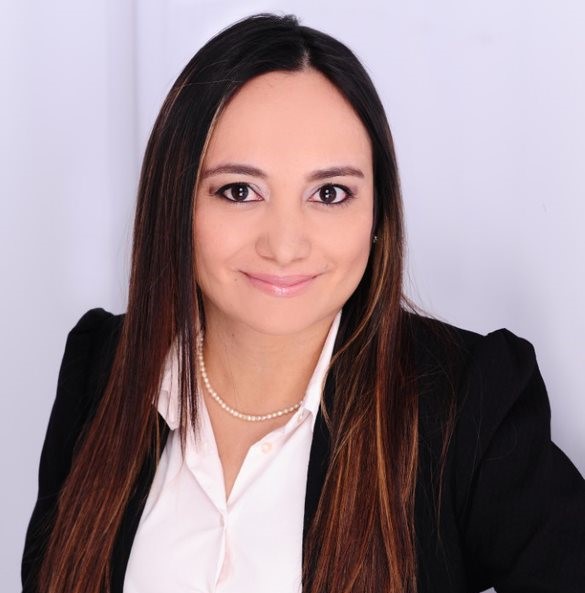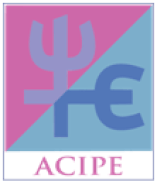
Claudia Patricia Bueno Castellanos
PhD
Introduction to KIDNET as a treatment for traumatic disorders in educational settings
Objective of the seminar: To provide participants with an introduction to the diagnostic and therapeutic elements based on Narrative Exposure Therapy for Children (KIDNET) for the treatment of traumatic disorders.
Therapeutic model: Narrative Exposure Therapy (KID)NET
At the University of Konstanz, Germany, the Narrative Exposure Therapy NET was developed (Schauer, Neuner, & Elbert, 2005; 2012). NET was developed especially for the treatment of PTSD as a consequence of organised violence and has been applied in war-torn regions worldwide; nowadays this methodology is used for the treatment of multiple trauma in all kinds of contexts, including strongly in education.
The principle of NET is based on the process of witnessing methods developed for the treatment of survivors of the Pinochet regime in Chile (Cienfuegos & Monelli, 1983), as well as cognitive behavioural methods of exposure in sensun. The NET takes from testimonial processes the detailed study of traumatic events and the accurate description of the situation at all human levels (cognitive, motor, emotional and physiological) including the autobiographical context. From the cognitive-behavioural models, NET takes up the classical presentation of traumatic events and their associated emotions. On the one hand, the aim is to reduce the conditioned fear symptoms through exposure; on the other hand, to re-establish the chronological record and the reconstruction of the patient's life history with a special focus on the traumatic events, which in most cases are fragmented or inconsistent in the autobiographical memory. It is assumed that in traumatic situations the memory elements for emotional and sensory experiences ("hot memory") and autobiographical information ("cold memory") cannot be linked as is normally the case. This creates a neural structure of fear that is reactivated in traumatised patients in the presence of any stimulus that activates the emotional memory.
Through the process of describing the NET, the elements of the corresponding situation are spliced together. The life story "Narrative" of the affected person is read out by the therapist each time and supplemented in the course of the therapy. At the end of the therapy, the patient receives a copy of the narration of his or her personal story.
After a short treatment period, which varies from four (in African settlements) to 10 sessions (in German torture victims), an account of the patient's entire life is elaborated in the course of the therapy, in which the reconstruction of traumatic memories is emphasised. This is the most demanding part of the work, because in the course of the storytelling intense emotions and in parallel with a fragmentary narrative of the patient's whole life, the focus is on the reconstruction of traumatic memories.
Psychologist with master's and doctoral studies at the University of Konstanz, Germany, and a wide range of experience in research and intervention projects. During her doctoral studies, under the supervision of the German professor and head of the chair of neuropsychology and clinical psychology Prof. Thomas Elbert, she worked on the development of new theoretical knowledge for the understanding of the origin, development and treatment of traumatic reactions to violence in different regions of global socio-political conflicts. Under the supervision of the German professor Prof. Frank Neuner, he completed his master's degree in clinical psychology at the University of Konstanz. During her training in Germany, she also worked as a therapist at the Centre for Psychotraumatology in Reichenau, an institute attached to the faculty of clinical psychology at the University of Konstanz, which is responsible for the early and appropriate detection and treatment of mental disorders and their relation to physical illnesses in refugees and political asylum seekers. There, he had the opportunity to provide specialised trauma therapy for affected people from various war-torn regions. She has implemented and directed, for example, the training and supervision in diagnosis and intervention of clinical psychologists of the Colombian Agency for Reintegration in charge of the mental health care of the demobilised population. Director of undergraduate and postgraduate theses, as well as internship processes. Currently university lecturer at the University of Rostock, Department of Psychology in Germany.





